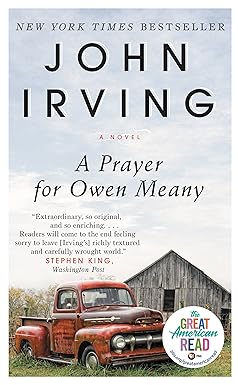… before more people will start recognizing this simple truth, as described by Jeff Jacoby: The swastika stands for evil and mass murder. So does the hammer and sickle. He notes the recent confluence of (1) the 100th anniversary of Lenin's death; and (2) International Holocaust Remembrance Day. I'd also guess he noticed the recent publicity about a few Nazi-related sites on Substack.
The communist system introduced by Lenin has led to more slaughter and suffering than any other movement in history. For sheer murderous horror, there has never been a force to compare to it. The Nazis didn't come close. Adolf Hitler's regime eradicated 6 million Jews in the unprecedented genocide of the Holocaust. The Germans also killed at least 5 million non-Jews, among them ethnic Poles, prisoners of war, Romani people, and the disabled.
But the Nazi toll adds up to barely a tenth of the lives that have been extinguished by communist dictatorships. According to The Black Book of Communism, a magisterial compendium of communist crimes first published in France in 1997, the fanaticism unleashed by Lenin's revolution has sent at least 100 million men, women, and children to early graves. Beginning in 1917, communist regimes on four continents — from Russia and Eastern Europe to China and North Korea to Cuba and Ethiopia — engineered death on a scale unmatched in human annals.
Yet communism rarely evokes the instinctive loathing that Nazism does. To this day there are those who still insist that communism is admirable and wholesome, or that it has never been properly implemented, or that with all its failings it is better than capitalism. Many people who would find it unthinkable to deck themselves in Nazi regalia — when Britain's Prince Harry wore a swastika armband to a costume party in 2005, a major scandal ensued — view communist-themed fashion as trendy or kitschy.
Jacoby notes five possible explanations for this odd behavior. But mass-murdering ideology is a mass-murdering ideology, no? So (as Jacoby notes) those explanations are not justifications.
| Recently on the book blog: |
![[Amazon Link]](/ps/asin_imgs/B08BY1H136.jpg)

![[The Blogger and His Dog]](/ps/images/me_with_barney.jpg)



